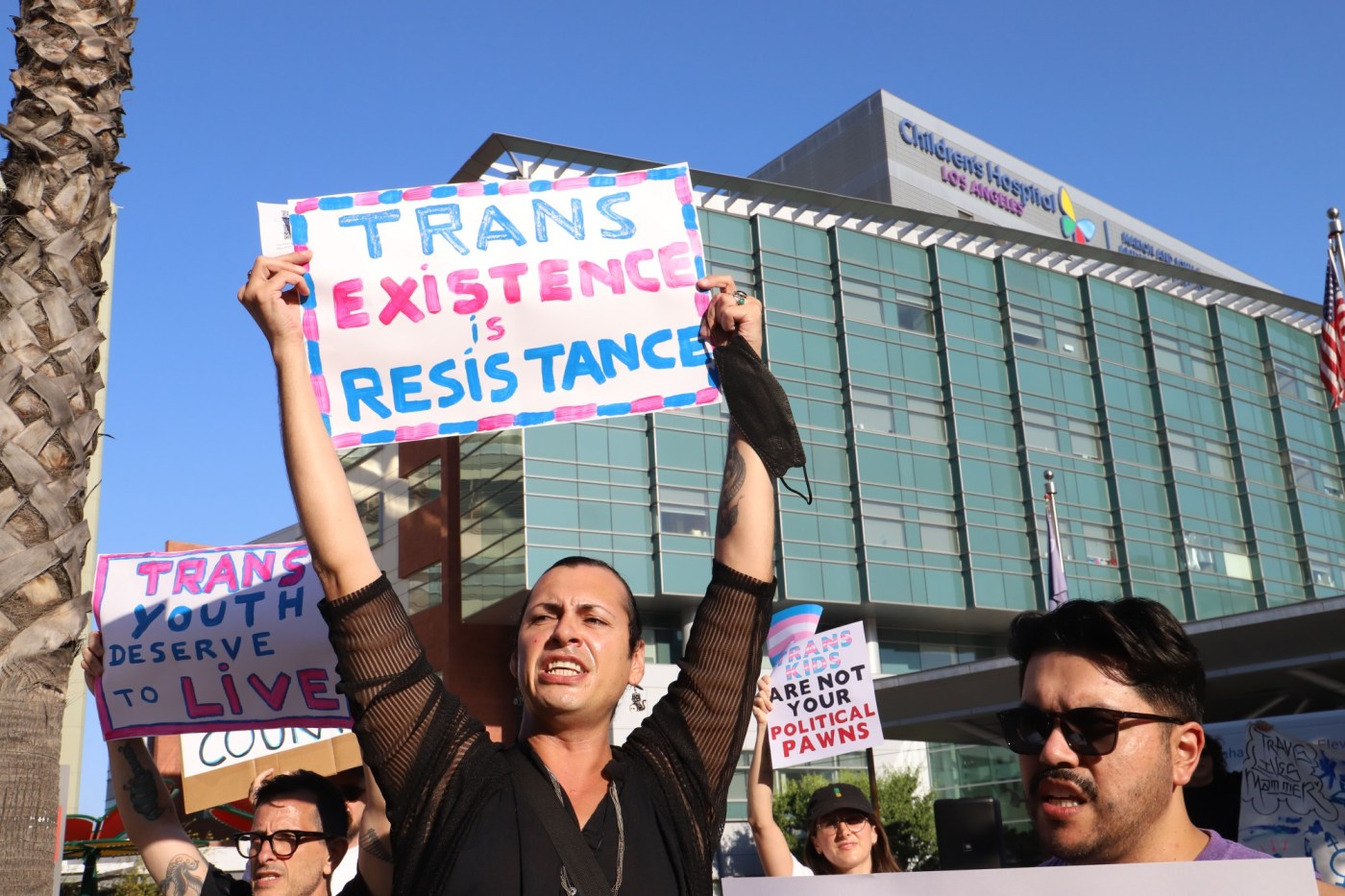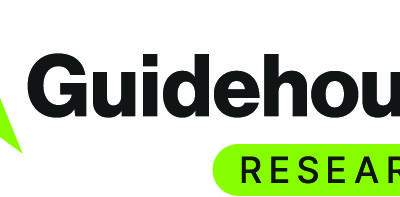Lifestyle
President Trump’s Actions Threaten Transgender Youth Healthcare

In a concerning shift for healthcare access, President Donald Trump is intensifying efforts to restrict medical care for transgender adolescents. Within his first six months in office, these actions have resulted in hospitals withdrawing support for this vulnerable demographic, leading to growing uncertainty for families seeking gender-affirming care.
The administration’s approach, marked by intimidation and fear, is evident as healthcare providers fear losing federal funding for Medicaid and Medicare. This has prompted institutions to reconsider their support for transgender youth. As a result, families across the United States are increasingly anxious about their children’s future healthcare options.
Federal Actions Intensify Pressure on Healthcare Providers
Recent developments highlight the administration’s aggressive stance. A workshop organized by the Federal Trade Commission titled “The Dangers of ‘Gender-Affirming Care’ for Minors” served as a clear signal to medical professionals. During the event, Chad Mizelle, Chief of Staff to U.S. Attorney General Pam Bondi, outlined the “civil and criminal tools” available to the FTC to combat perceived fraud within gender-affirming care practices.
Mizelle revealed that his office has issued nearly 20 subpoenas to clinics offering such care, aiming to investigate health care fraud related to Medicaid. While details on the investigations remain sparse, these actions suggest a troubling trend whereby clinics may be pressured to abandon services that are critical to the well-being of transgender youth.
This regulatory scrutiny is not isolated. Major healthcare providers, including Kaiser Permanente, have announced a pause on gender-affirming surgeries for patients under the age of 19. Other institutions, such as Yale Medicine and Children’s National in Washington, D.C., have ceased offering treatments like puberty blockers and hormones to minors.
Impact on Families and Future of Care
The ramifications of these policies are significant. The closure of the Center for Transyouth Health and Development at Children’s Hospital of Los Angeles left nearly 3,000 patients without care. Similarly, UChicago Medicine has ended all gender-affirming pediatric services, and Connecticut Children’s Medical Center plans to wind down its program for gender-diverse youth.
For families like that of Sara and Christian Madera from New Jersey, the anxiety surrounding access to care is palpable. Their 10-year-old transgender son recently received a puberty blocker implant, providing temporary relief. Yet, Sara expresses deep concern about the future: “It is really nerve-wracking to think of what’s beyond that.”
Many families are contemplating relocation to countries with more supportive healthcare frameworks. While other nations also face challenges in addressing transgender health, discussions appear more constructive, with a greater emphasis on listening to medical professionals.
Ignoring the plight of these families could have broader implications. The same tactics used to undermine transgender healthcare could extend to other areas of medicine. The erosion of medical freedom poses a risk not only to transgender individuals but to the healthcare rights of all citizens.
In Puerto Rico, for instance, a recent law imposes severe penalties on medical providers for offering gender-affirming care to individuals under 21, including prison terms of up to 15 years and fines of up to $50,000. Such measures raise alarms for transgender adults, who fear that similar restrictions could emerge on the mainland.
The potential for further healthcare limitations is alarming. Questions arise about the future of access to critical medications, including those for HIV prevention, ADHD, and mental health. Recent discussions within the Food and Drug Administration have drawn scrutiny for potentially prioritizing political agendas over established medical practices.
As healthcare leadership shifts, significant changes loom. Robert F. Kennedy, Jr., Secretary of Health and Human Services, is already making sweeping alterations, including replacing advisory panel members at the CDC and the U.S. Preventive Services Task Force. This trend raises concerns about the integrity of health policy-making and the potential for further restricting access to essential healthcare services.
The ongoing situation underscores the urgent need for vigilance. The administration’s tactics, characterized by fear and misinformation, threaten not only the health of transgender individuals but the fundamental principles of medical care for all. Without intervention, we risk witnessing a gradual erosion of healthcare access that could affect everyone, further diminishing rights and protections within the healthcare system.
-

 Lifestyle3 weeks ago
Lifestyle3 weeks agoBelton Family Reunites After Daughter Survives Hill Country Floods
-

 Technology2 weeks ago
Technology2 weeks agoDiscover the Top 10 Calorie Counting Apps of 2025
-

 Education3 weeks ago
Education3 weeks agoWinter Park School’s Grade Drops to C, Parents Express Concerns
-

 Technology1 week ago
Technology1 week agoHarmonic Launches AI Chatbot App to Transform Mathematical Reasoning
-

 Technology3 weeks ago
Technology3 weeks agoMeta Initiates $60B AI Data Center Expansion, Starting in Ohio
-

 Technology3 weeks ago
Technology3 weeks agoByteDance Ventures into Mixed Reality with New Headset Development
-

 Lifestyle3 weeks ago
Lifestyle3 weeks agoNew Restaurants Transform Minneapolis Dining Scene with Music and Flavor
-

 Technology2 weeks ago
Technology2 weeks agoMathieu van der Poel Withdraws from Tour de France Due to Pneumonia
-

 Technology3 weeks ago
Technology3 weeks agoRecovering a Suspended TikTok Account: A Step-by-Step Guide
-

 Technology3 weeks ago
Technology3 weeks agoGlobal Market for Air Quality Technologies to Hit $419 Billion by 2033
-

 Health3 weeks ago
Health3 weeks agoSudden Vision Loss: Warning Signs of Stroke and Dietary Solutions
-

 Technology3 weeks ago
Technology3 weeks agoTrump Faces Internal Struggles Over Epstein Files Handling



















